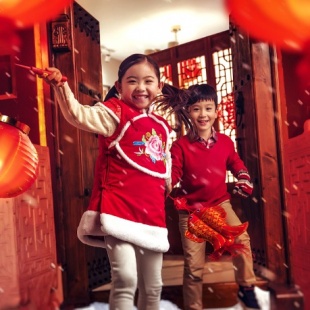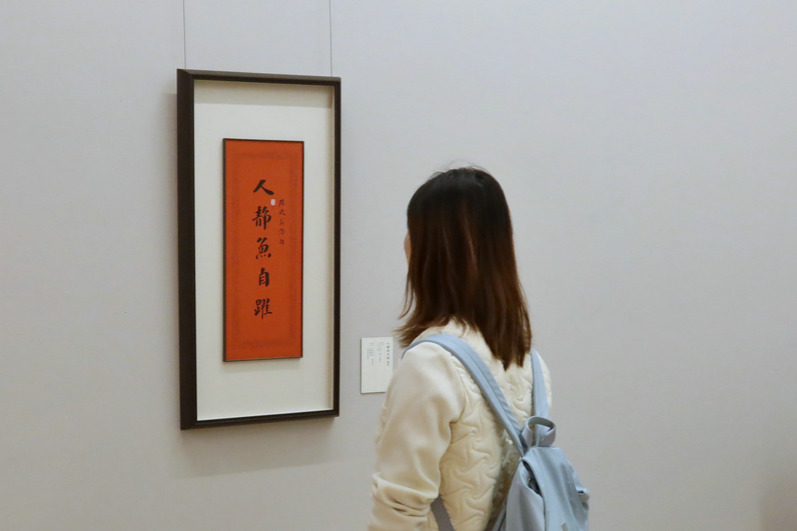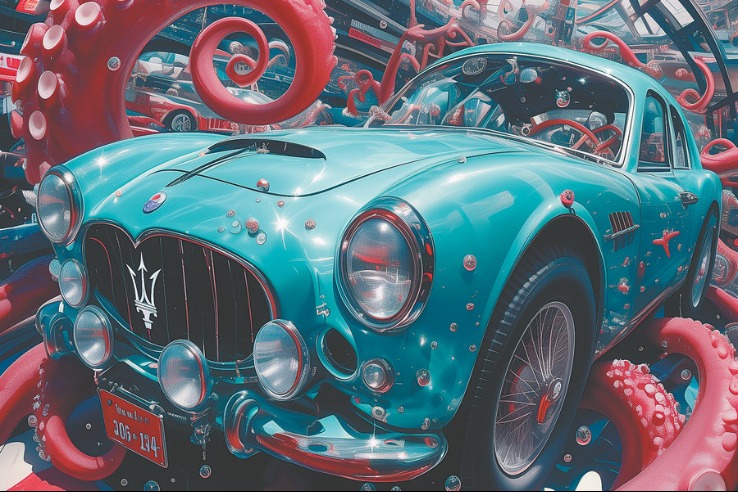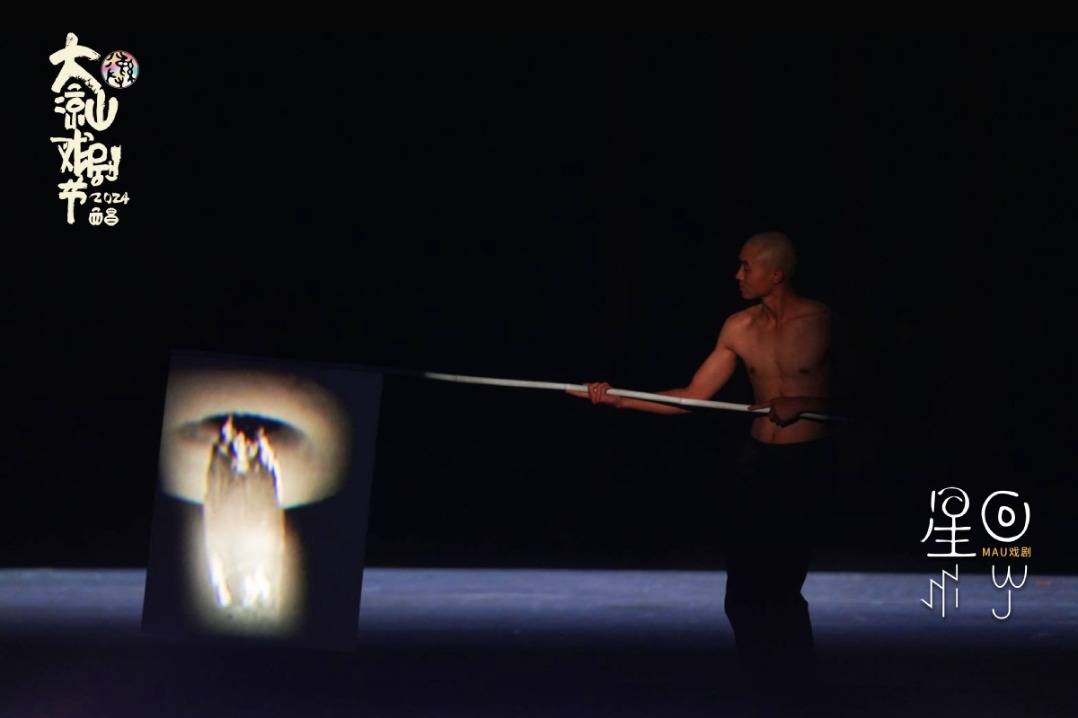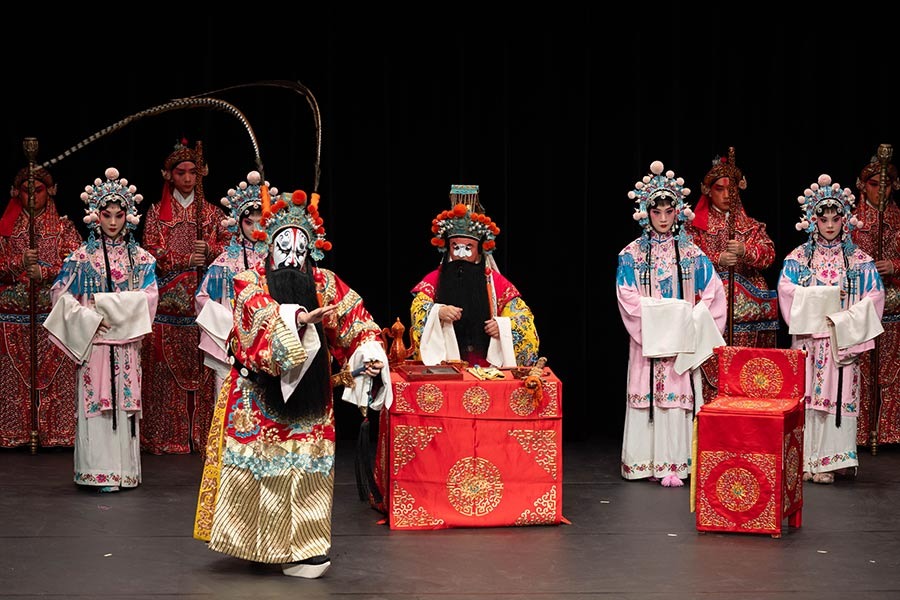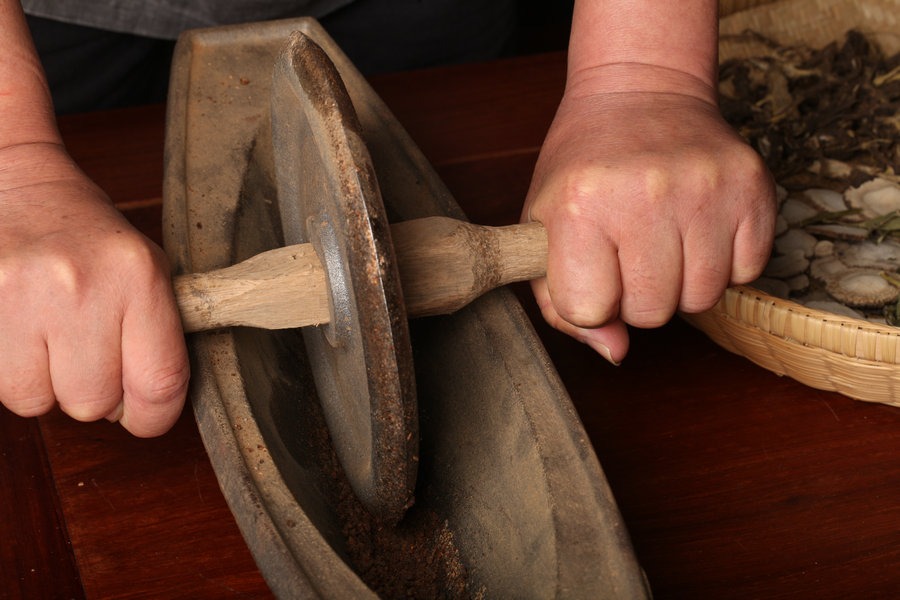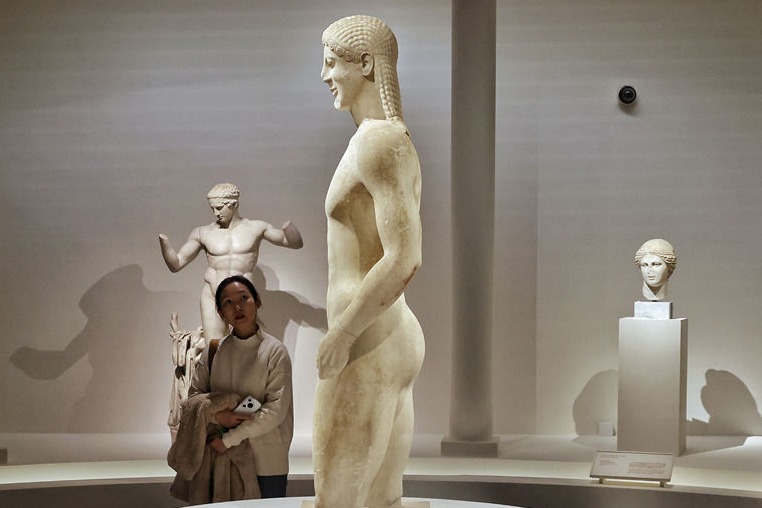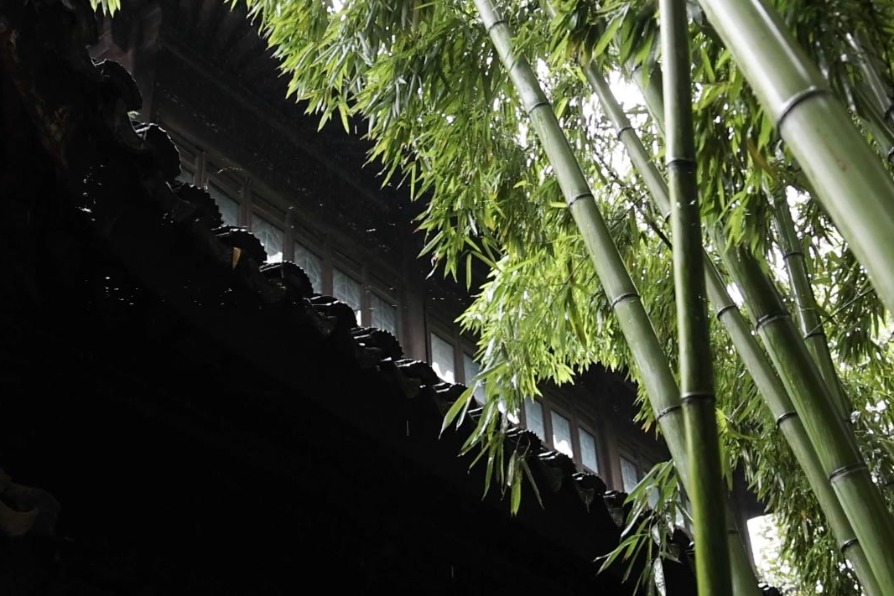Christmas is your Chinese New Year: Fascinating similarities

"Christmas is your Chinese New Year."
I've heard this phrase uttered to me countless times by people in China when the holidays roll around, whether Christmas or Chinese New Year.
I once thought the comparison a bit of a stretch, wondering how the holiday of Santa Claus of my childhood in the United States could possibly resemble a celebration involving fireworks and lion dances. But over the years I've recognized that Chinese New Year and Christmas share fascinating, and sometimes surprising, commonalities.
Here are some interesting ones I've observed:
Good fortune
Many Chinese New Year customs I've experienced at my in-laws' home in Zhejiang province revolve around auspiciousness, such as the red couplets and firecrackers used to ensure a propitious start to the new year. But Christmas traditions I've grown up with are also said to represent good fortune, including the centerpiece of all decorations: the Christmas tree.
The color red
Red is a beloved shade for Christmas and a lucky one for Chinese New Year.
Marking beginnings
While Chinese New Year signals the start of the new lunar year, Christmas once fell on the exact date of the winter solstice, the shortest day of the year in the Northern Hemisphere and a time traditionally marking the "rebirth" of the sun.
Lights
Both Chinese New Year and Christmas dazzle with plenty of lights in decorations and rituals. My father-in-law loves adorning the family home in Zhejiang with traditional red lanterns for Chinese New Year, just as my husband and I enjoy decking our Christmas tree and home with strings of colored lights. Growing up, my family would drive to Christmas light displays in town where we would gaze upon twinkling Santas, reindeer and stars. So naturally, I felt right at home attending my first Lantern Festival in China, surrounded by huge, glowing displays shaped like Chinese zodiac animals.
Spiritual practices
When I was a child, we always attended Christmas Eve mass together as a family at my grandmother's catholic church. During Chinese New Year celebrations at my husband's family home, we always stand before the shrine to the family ancestors on Chinese New Year's Eve and bow with respect before dinner.
Going home to family
Between the holiday song I'll Be Home for Christmas and the Chinese saying "moneyed or not, return home for Chinese New Year" (youqian meiqian huijia guonian), both holiday traditions embrace and promote the idea of family reunions.
Gifts
Whether I'm heading to grandma's house for Christmas Eve or my in-laws' place to spend Chinese New Year's Eve, I always arrive bearing plenty of presents for all.
Food
Food stars as a key ingredient in Chinese New Year and Christmas celebrations. The highlight of guonian at my in-laws' home is feasting on a mouthwatering assortment of dishes from my mother-in-law's kitchen and popping open a bottle of fine red wine. Growing up in the US, I usually sat down along with my family to a dinner of honey-baked ham with all the trimmings on Christmas, and indulged in the many Christmas cookies my mother had either baked or obtained through her annual cookie swaps.
I marvel at these many likenesses between the two seemingly disparate holidays, which I see as a testament to our shared humanity. Whether awaiting the arrival of St. Nicholas or the new Chinese zodiac year, somehow we all innately crave the warmth of celebrations during the coldest days of winter.


